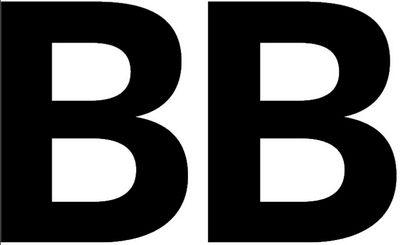Yesterday I bought a secondhand tile saw for $30 on craigslist.
It was listed for $50, I told the guy I would do $20, and we settled on $30.
I’m very confident I could have gotten the saw for $25 if I pushed, but I didn’t. Why?
For starters, the saw I got is worth significantly more than $30 for me. I’m happy with the value I received in the transaction.
Further, the potential downside of further bartering outweighed the upside.
Saving $5 on the saw would have had a negligible effect on the value of the deal. Sure $5 is a decent percentage of the purchase price, but the purchase price is only part of the cost that goes into this type of deal.
Should I lose this saw, I would have to spend additional time looking for an alternative. That’s direct time spent shopping around online, in addition to mental time spent worrying about how I was going to get the saw I needed this weekend. It’s also unlikely that I would have found another option within 5 miles of my house.
None of this alone is reason enough to accept a bad deal. But add in the fact that, if I had run the seller down beyond his bare minimum price – to the point where he felt sick to his stomach thinking about how he was “ripped off” – the odds of the deal falling through would have skyrocketed.
Between the time an informal “agreement” is reached through craigslist and the time when the product exchanges hands might as well be an eternity. The seller can change his mind about selling the item, accept a lower offer from another bidder, or decide to go silent and wait for a better deal.
And finally, I need a saw for this weekend. I don’t have time to wait for the best deal out there, so I would need to settle for anything I came across if this deal fell through (including likely spending $150/$200 on a brand new saw.
Overall, the risk of seeking the absolute lowest price outweighed the potential benefits.
Sure I could have saved $5, but I could have lost a lot more.
-Brandon
